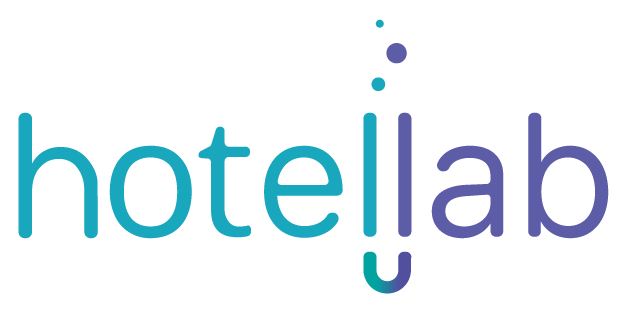

The hotel industry is undergoing a profound digital transformation, driven by cutting-edge technological advancements. From AI-powered chatbots and contactless check-ins to virtual reality tours and blockchain for secure transactions, the landscape is evolving rapidly. These innovations are not just trends; they represent the future of hospitality, enhancing both operational efficiency and guest experience.
AI-Driven Chatbots
AI-powered chatbots are revolutionizing customer service in the hotel sector. These intelligent systems can perform a wide range of tasks, including:
- Providing instant responses to frequently asked questions.
- Facilitating real-time room and service reservations through automated systems.
- Recommending activities, restaurants, and other options based on guest preferences using advanced algorithms.
Hotels that implement AI-powered chatbots can deliver 24/7 customer service, streamline operations, and elevate the overall guest experience.
Contactless Check-ins
The demand for contactless solutions has surged, particularly in the wake of the COVID-19 pandemic. Contactless check-ins offer a convenient and secure alternative to traditional front-desk interactions. Key benefits include:
- Guests can check in using their smartphones, bypassing long lines.
- Reduced physical contact enhances health and safety protocols.
- Digital keys and online payment options simplify the check-in process.
Hotels adopting contactless check-in technology are setting new standards for safety and convenience in the industry.
Virtual Reality Tours
Virtual reality (VR) tours provide potential guests with an immersive preview of hotel properties, allowing them to explore rooms and amenities before booking. These tours often feature:
- 360-degree views of rooms, enabling guests to examine every detail.
- Virtual guides offering detailed information on hotel services and amenities.
- High-quality imagery that gives an accurate representation of the property.
Hotels that offer VR tours can boost bookings while giving guests a realistic expectation of their stay.
Blockchain for Secure Transactions
Blockchain technology is revolutionizing secure transactions in the hospitality industry. Key benefits include:
- Immutable ledgers that prevent tampering with transaction data.
- Documentation and verification of all transactions, reducing the risk of fraud.
- Smart contracts that automate agreements and payments, cutting down administrative tasks.
Hotels utilizing blockchain technology provide guests with a safer, more transparent booking and payment experience.
Conclusion
The integration of AI-powered chatbots, contactless check-ins, virtual reality tours, and blockchain technology is reshaping the hospitality industry. These advancements are not mere fads; they are shaping the future of guest experiences, making them more efficient, secure, and engaging. As more hotels embrace these technologies, they will set new benchmarks for service quality, guest satisfaction, and operational excellence.
Expanding the article could involve adding:
Data Analytics & Personalization: Discuss how data-driven personalization enhances the guest experience by tailoring services and recommendations based on guest preferences and behavior.
Sustainability through Tech: Explore how technology, such as energy management systems or digital concierge services, can promote sustainability and reduce the carbon footprint in the hospitality sector.
Guest Feedback and Reputation Management: Highlight how digital tools, such as AI-driven feedback systems, help hotels maintain their reputation by promptly addressing guest concerns and leveraging positive feedback.





.png)

